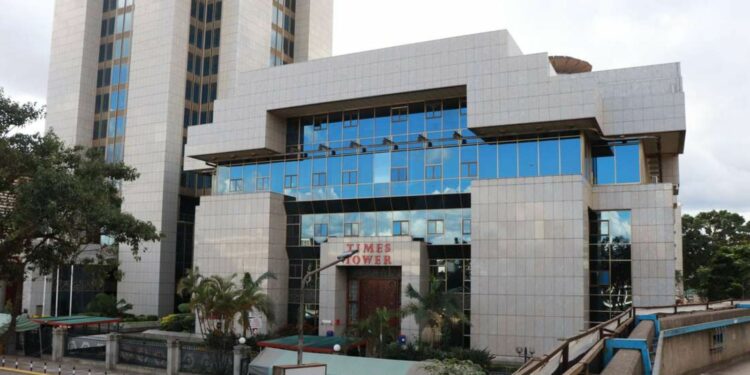The Kenya Revenue Authority (KRA) collected KES 174 million from digital service taxes during the six months leading up to December 2022.
The revenue comes from digital service providers like Google, Netflix, Meta, Twitter, and Microsoft, which is expected to increase to KES 300 million by June.
The tax has much growth potential, given the increasing popularity of e-commerce in the country, and the KRA plans to register more businesses for the tax in the coming year.
The KRA has already exceeded its target of registering 50 additional companies for the tax in the financial year ending in June 2023, with 64 businesses now on its books.
The Income Tax (Digital Service Tax) law of 2020 requires businesses that sell services online to pay a 1.5% flat tax on the value of the services provided through digital platforms and a 16% value-added tax (VAT).
These services include e-books, movies, dating sites, music, games, and subscription-based media such as news, magazines, and digital content.
The Kenya Revenue Authority (KRA) collected KES 42 million in the first six months after the law’s implementation and KES 241 million in the financial year ending June 2022.
The Treasury had initially proposed to increase the tax to 3% of the gross value of online transactions in the financial year starting July 2021, but this proposal was rejected by Parliament.
Read Also: National Treasury CS Appoints 5 New KRA Board Members




